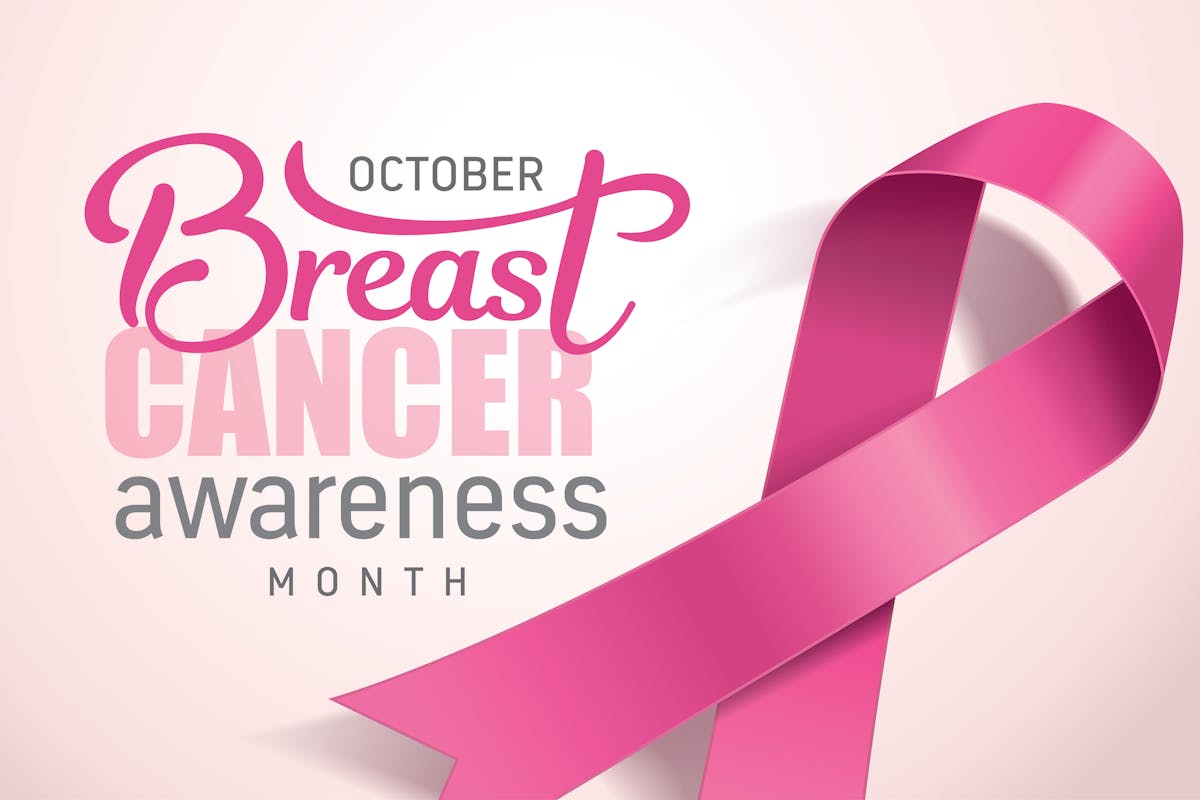Breast Cancer Awareness for Women of All Ages

Breast cancer is one of the most common cancers affecting women worldwide. Nearly 1 in 8 women receive this diagnosis during their lifetime. The fight against breast cancer begins with creating greater awareness. Early detection and disease-specific education can significantly improve outcomes. Understanding risk factors for breast cancer and the importance of regular screenings are vital steps for women everywhere.
October is Breast Cancer Awareness Month. This annual month of recognition is designed to educate people about the disease and help raise funds for research. To aid in this effort, we are sharing essential information that women should know about breast cancer.
Understanding Breast Cancer
Breast cancer occurs when abnormal cells in the breast begin to grow uncontrollably. It can start inside the milk ducts and/or the milk-producing lobules of the breast. These cells can then form a tumor, which can typically be detected with various screening methods. It’s important to know that both women and men can develop the disease, although it is far more prevalent in women.
There are a variety of types of breast cancer, and each one can vary in behavior, growth rates, and responses to treatment. Some of the most common include invasive ductal carcinoma, invasive lobular carcinoma, and ductal carcinoma in situ.
Risk Factors for Breast Cancer
While the exact cause of breast cancer remains unclear, certain risk factors can increase a woman’s likelihood of developing the disease. These include:
- Age: The odds of developing breast cancer increase with age. Women over 55 are at higher risk. (But it’s important to know that it can occur at any age.)
- Personal family history: Having a first-degree relative—a parent, sibling, or child—who has had breast cancer can raise your risk. As can having multiple family members on either your mother’s or father’s side of the family who have had breast or ovarian cancer.
- Genetic mutations: Women who have inherited changes (mutations) to certain genes, such as BRCA1 and BRCA2, are at higher risk for both breast and ovarian cancer.
- Lifestyle choices: Alcohol consumption and being overweight or sedentary are a few of the lifestyle factors that can impact the chances you’ll be diagnosed with the disease.
- Having dense breasts: Dense breasts have more connective tissue than fatty tissue. While researchers aren’t sure why this is, women with dense breasts are more likely to develop breast cancer. Dense tissue can also make tumors more difficult to spot on a mammogram.
Other factors that can increase your risk include reproductive history, previous history of radiation to the chest, and taking hormones.
It’s also important to know that having risk factors does not guarantee a diagnosis. Conversely, many women diagnosed with breast cancer have no known risk factors. This uncertainty highlights the importance of awareness and regular health screenings for women of all ages.
The Importance of Early Detection
Early detection is a key component in successfully treating breast cancer. Regular screenings, such as mammograms, ultrasounds, clinical breast exams, and self-exams, can help identify changes in breast tissue early on.
The American Cancer Society’s general recommendation is that women start having annual mammograms at age 45. For those with a family history of breast cancer or other high-risk factors, it might be necessary to start ultrasounds and/or mammograms at the age of 40.
Prioritizing a Healthy Lifestyle
While some of the risk factors for breast cancer are out of our control, one that isn’t is managing your lifestyle. How Lifestyle Impacts Healthy Aging offers tips for making wellness a part of your daily life as you grow older.
If you are a senior or the family caregiver for an older adult, managing stress is essential to well-being. Investing in an emergency call device could help lower your stress levels—you’ll have peace of mind knowing that in the event of an emergency, the wearer can quickly call for assistance with the press of a button. Call 1-844-203-5617 to learn more!